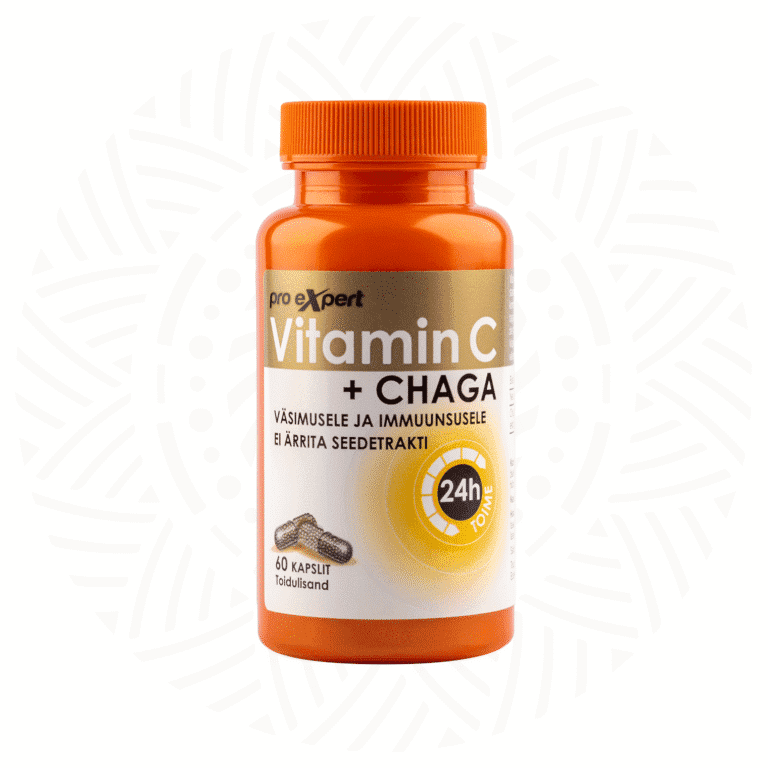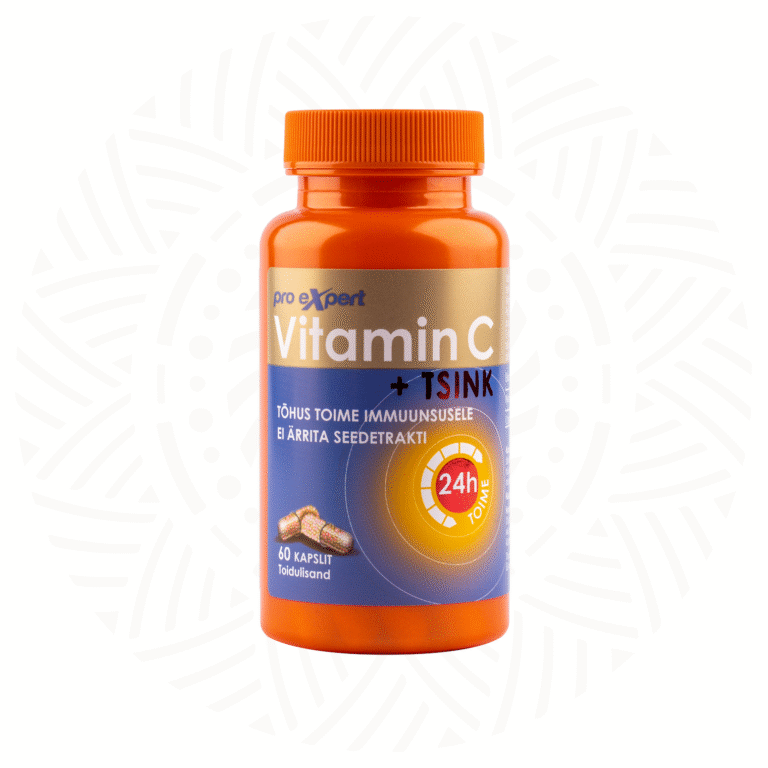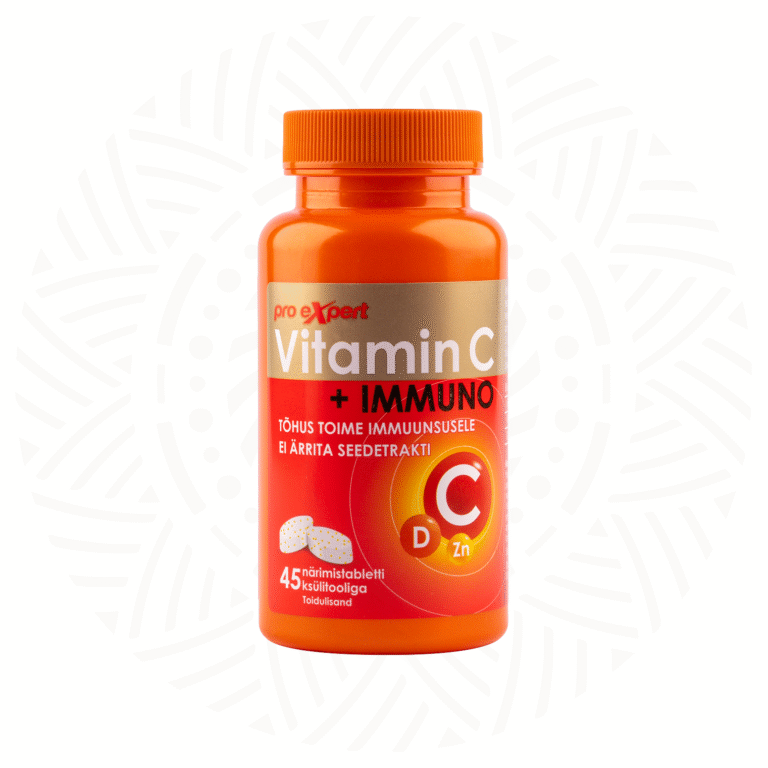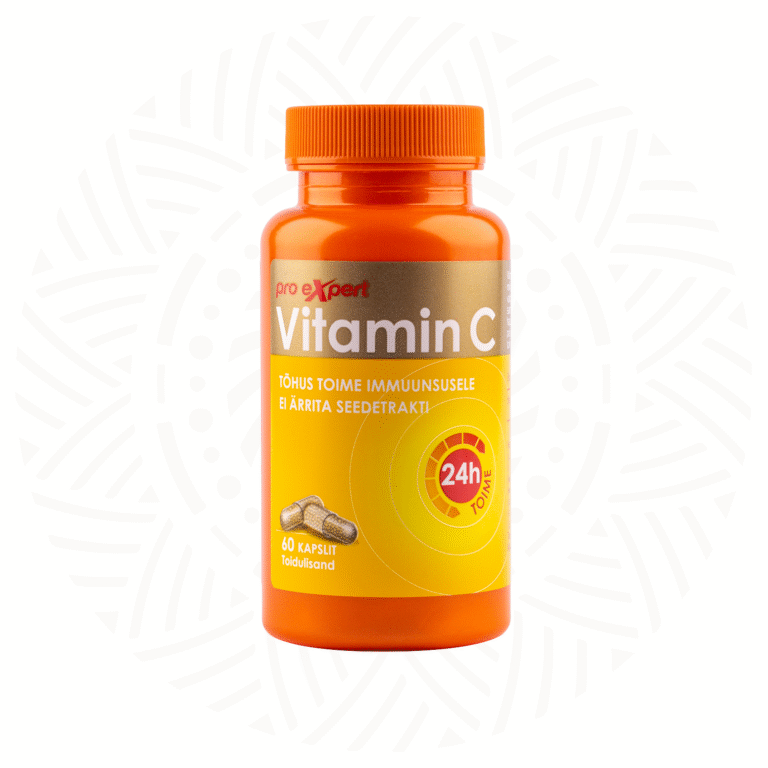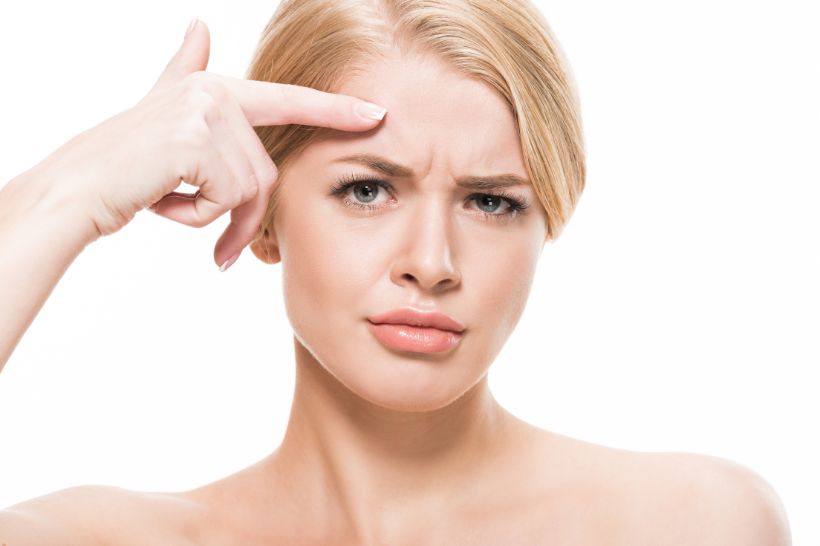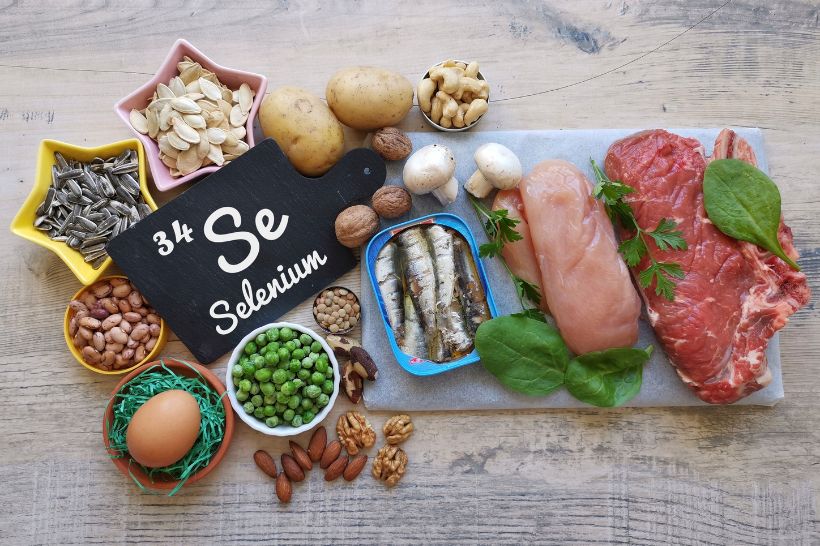Right now is a great time – we are healthy and happy thanks to local berries and sunlight. The only thought that dampens the summer joy is the knowledge that the long, dark season ahead will once again test our body and mind.
Those who have the opportunity fill their freezers and cellars with homegrown garden and forest produce before the challenging time arrives. This is a wise move because, according to the European Food and Health Authority, despite an abundance of food, 25–75% of people still suffer from mineral and vitamin deficiencies.
What does this mean at a time when store shelves are stocked with fresh produce year-round? One of the reasons mentioned in the report is the changing composition of soil. Along with it, the nutritional value of plants has changed, and long supply chains and storage further reduce food quality.
Vitamin C has been a friend to people in northern climates for centuries. In recent decades, zinc has also gained significant popularity.
Why Do We Need Zinc?
– Zinc is found abundantly in the brain, muscles, bones, kidneys, liver, and has the highest concentration in the prostate and eyes.
– The thyroid gland cannot function properly without zinc.
– When viruses attack, adequate zinc levels ensure that immune cells respond quickly, allowing for a faster and milder recovery.
– Additionally, zinc is a great ally for the brain, helping to reduce stress and maintain a positive mood while improving cognitive and analytical abilities.
Unfortunately, just like Vitamin C, the human body cannot produce or store zinc for long periods. Studies conducted in Estonia indicate that, for example, 45% of people aged 60+ have a zinc deficiency.
Fortunately, There Are Many Sources of Zinc.
If your diet includes plenty of red meat, oysters, dairy products (especially cheese), eggs, nuts, seeds (especially pumpkin seeds), legumes, whole grains, and yeast, a healthy young person should not experience a zinc deficiency. A healthy diet should provide at least 9 mg of zinc per day.
However, special attention should be given to zinc intake by vegetarians, diabetics, individuals with reduced thyroid function, and those who struggle with wound healing or have white spots on their nails.
The famous pasteurization pioneer Louis Pasteur concluded over a hundred years ago that viruses were, are, and will remain – and that it is up to us to determine the condition of the “soil” they encounter.
Let us therefore listen to nutritionists and immunologists, who confirm that during viral seasons, supplementing with zinc can help prevent severe illness and complications.
Vitamin C and zinc together are the best way to prepare for the long winter ahead!
